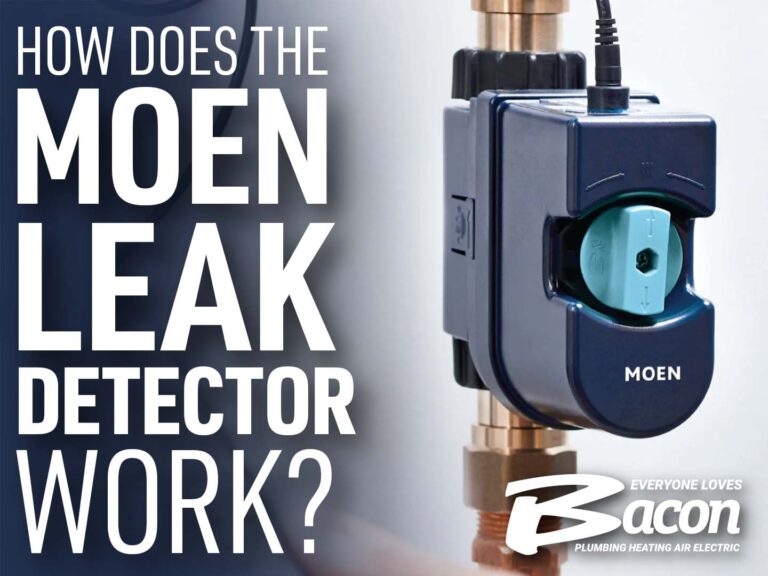Homeowners rarely think that sewage backups can happen to them. In reality, as our home and city’s sewage system ages, these unfortunate disasters are more likely to occur with every passing year. If you haven’t had the pleasure of dealing with the mess that is overflowing sewage, you might not realize how important it is to prevent them.
A leak or burst pipe is one thing, but a sewage backup is a whole other catastrophe. Aside from the water damage, homes that experienced a sewer overflow have dealt with the vexation of cleaning sewage gunk off walls and floors. As plumbers who have dealt with numerous calls about backups, we can tell you the stench is a lingering one.
Getting familiar with the causes of a sewage backup will help you easily prevent these pain problems. We’ll walk through what you need to know about your sewer line.
The Root of Sewage Backups
Common plumbing issues might be a small-scale example of what a sewage backup would be like. In fact, several everyday plumbing tips that you would implement to protect your plumbing will do the same for your sewer line. Look at the following list. Which of these do you do to keep your plumbing in good shape?
☐ Trim tree roots
☐ Dispose of grease in the garbage
☐ Flush only waste and toilet paper
☐ Replace aging sewer lines
☐ Schedule maintenance for your sump pump
Tree roots and new sewer lines are probably the most difficult to handle unless you have an exceptional plumbing team at your service. Old sewer lines are susceptible to damage, especially from tree roots. As trees grow, they are constantly searching for a source of moisture. A tree root invasion is a common cause of sewer overflows for homes without durable, plastic pipes.
Failing sewer lines aren’t the biggest cause of backups, though. The Environmental Protection Agency estimates that clogged pipes cause 43% of sewer overflows. Clogs result deep in your sewer system from neglect of your drains, including your kitchen, toilet, sink, and shower drains. It’s time to discuss how to avoid common plumbing mistakes when it comes to your sewer line.
Prevent Sewer Line Disaster with the Help of the Bacon Team
Something that can’t always be avoided is a natural disaster. Heavy flooding will affect your city’s sewer system and can lead to your sewer line overflowing. One way to safeguard against unexpected backups is by installing a backwater prevention valve. Serving as the last defense against a backup, the valve allows sewage to push out rather than in.
Additionally, a great homeowner learns from experience, which means once something happens, you’ll likely learn very quickly where the problem lies. Often a plumbing issue is caused by the mistreatment of your drains. Avoid a sewage backup by adhering to the following plumbing tips:
Don’t flush anything other than waste and toilet paper down the toilet.



